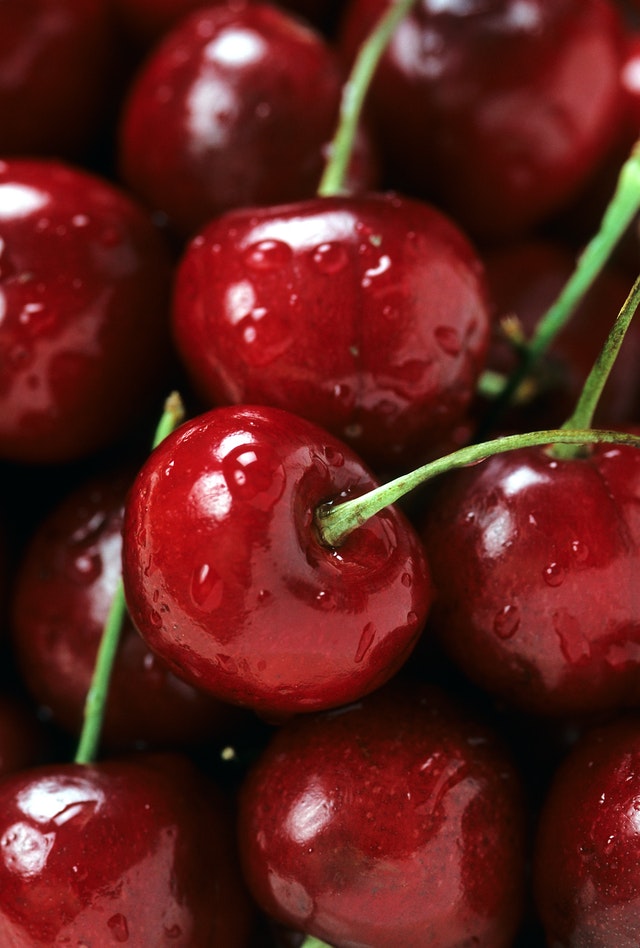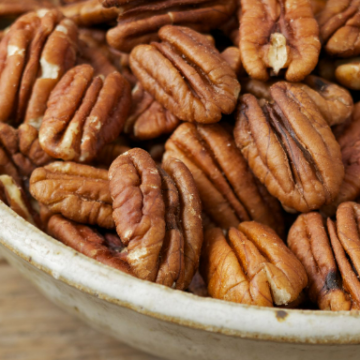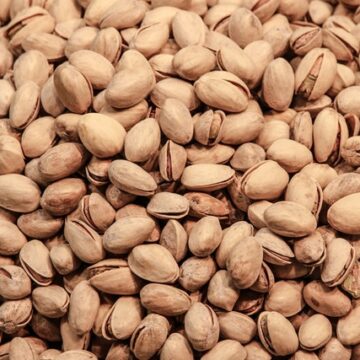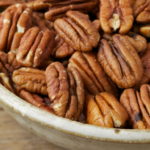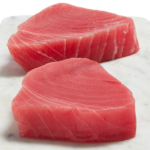Can Dogs Eat Cherries?
Can dogs eat cherries? – The question is, “Can dogs eat cherries?” Many dogs love sweet fruits, including mango, dates, and cherries. And while mango and dates are considered safe for dogs, cherries are a gray area. So, how do you prepare cherries for your dog? Is cherry juice good for dogs? Let’s find out. Read on to learn how to prepare cherries for dogs. If your dog loves cherries, give it a try!
What is are cherries?
Cherries are one of the most popular summer fruits in the US, with 370 million pounds being harvested every year. They are available in two main varieties: tart and sweet. Each variety has its own distinct flavor and antioxidant content. While tart cherries have more antioxidants, both are packed with nutritional value. Here are some reasons to love cherries:
Cherries are high in fiber and rich in vitamin C. In addition to fighting against Alzheimer’s disease, they contain flavonoids and proanthocyanins, which protect neurons. Cherry juice can help with constipation. A 50-gram serving contains 1.1 grams of fiber, which is important for the digestive tract. They also help lower blood pressure and improve digestion. But there’s more to cherries than just their health benefits!
Sweet cherries are commercially grown in Michigan, Wisconsin, Oregon, Washington, Idaho, Colorado, Utah, and Arizona. Sour cherries, on the other hand, are only grown in California. Because they are so tart, they’re often not available fresh in grocery stores. Instead, you’ll probably find them at farmer’s markets. They’re great for pies, jams, and desserts! There are over a thousand varieties of cherries, so there’s one for everyone!
In addition to being low in calories, cherries are also packed with Vitamin C. It’s essential to include fruits high in this nutrient when fighting off cold and flu viruses. Make sure to look for a natural color and avoid ones with wrinkles or mold around the stem. You’ll find plenty of uses for cherries, including adding them to salads. They’re also packed with antioxidants and vitamins, which can delay the onset of aging.
Cherry trees produce many different varieties. The most common variety is the Sour cherry, known as Prunus Cerasus, because it has a sour taste when ripe. These fruits are most commonly used in desserts and pies. Cherry trees can grow up to 30 feet tall and are available in various colors. People domesticated cherries in Central Asia over 5000 years ago. And since then, the fruit has spread all over the world.
Nutritional benefit of cherries to a dog’s diet?
Cherry can be a beneficial addition to a dog’s diet if you know how to safely feed them. A dog can consume both pitted and de-pitted varieties of the fruit. However, sour cherries contain cyanide, which can be harmful to your dog. It can also lead to dental problems and gastrointestinal blockage. Some dogs also experience upset stomachs after eating cherries, and some are even fatal when ingested.
While cherries are an excellent addition to your dog’s diet, you should make sure to keep the fruit’s pits and stems out. This will reduce your dog’s risk of choking or gastrointestinal upset. To avoid choking, only introduce a small amount of cherry flesh per pound of your dog. Remove the leaves, pits, and stems before serving it to your dog.
Cherries are available in sweet and tart varieties. Common types include Rainer, Bing, and Black cherries. A single serving of these treats can provide your dog with a high-quality source of vitamins A, C, fiber, and antioxidants. They can even help reduce blood sugar levels and relieve pain, although you should be aware of the potential side effects of giving your dog these treats. As a general rule, the best way to feed your dog cherries is to purchase them fresh, because they don’t have any added sugars.
Other benefits of cherries include the fact that they contain magnesium, a mineral that dogs need for proper functioning of their body. Dogs need magnesium for proper protein and vitamin absorption. Magnesium also helps promote bone growth and is needed for healthy bones. Iron is also an important mineral for your dog’s health. It helps make hemoglobin, which transports oxygen throughout the blood. So, adding cherries to your dog’s diet is an excellent idea!
The nutritional benefits of cherries can be immense. A dog can safely eat the pit and flesh of cherries, while cherry leaves and stems are toxic to dogs. But be careful not to give your dog too many at a time. The pit of the cherry can lead to intestinal blockages and infections, so you should avoid giving your dog too many. If you do feed your dog a small serving of cherries, he can easily eat up to half of his daily allowance.
How do you prepare cherries for a dog?
You can prepare cherries for your dog for snacking or feeding to your pet as part of a healthy diet. Cherries are good for your dog’s diet as long as the fruits are cleaned of leaves, pits, and stems. Ensure that the cherries are also free of stems and leaves, as these parts can be toxic. Do not give your dog a whole bunch of cherries in one go. A couple of pieces a day are a good idea, but not too many.
The pits of cherries are toxic for dogs. Although cherries do not contain this substance, they can irritate your dog’s tummy if it ingests too much of them. If your dog does consume a whole cherry, he may end up with a sour stomach and vomiting. Be sure to supervise your dog closely and remove the pit if he has ingested it.
Although cherries are a healthy treat for dogs, you need to remember that consuming them in large amounts can be toxic to your dog. The pits of the fruit can block your dog’s digestive system. So, if you plan on giving your dog a cherry, make sure it is the flesh only. You should always wash cherries thoroughly before feeding them to your dog. If the cherry is pitted, your dog can suffer from gastrointestinal upset.
As with any other food, consuming cherries is best avoided if your dog has any known allergies to the fruit. It is important to know that the flesh of cherries is not poisonous, but the seeds and leaves may be. But cherries are safe for dogs as long as the seeds and pits are removed. A dog can consume cherries in small amounts if the seeds and pits are removed. They can even provide your dog with many health benefits, including improved joint mobility in older dogs.
Are cherries good for dogs?
Cherry pits are safe for dogs to eat, but the stems and leaves of the fruit are toxic to canines. In addition to poisoning your dog, cherries also contain cyanide, which is highly poisonous and lethal to pets. If your dog eats the pits, it will most likely cause an intestinal blockage, especially if it’s a small dog. This condition can lead to hyperactivity, belly discomfort, and even diabetes. It’s always best to consult a veterinarian immediately if your dog has consumed a cherry pit.
Fresh cherries are best for dogs. Do not feed your dog dried, jarred, or processed cherries. Cherry pits, stems, and leaves should be removed before feeding them to your dog. Make sure that your dog eats only the flesh of the cherry. Otherwise, they won’t benefit from its nutritional value. As a rule, cherries should be consumed in small amounts and should never be the main ingredient of a treat.
However, cherries aren’t entirely safe for dogs. The pits contain poisonous cyanide, and they may suffocate a dog’s digestive system. Therefore, cherries should be offered to your dog only occasionally, without any pits. Large dogs can eat them, but don’t eat the pit. The pits should always be removed, and a small portion should be fine. For larger dogs, the pit of a cherry won’t harm them.
As for dried cherries, you can eat them safely. However, you should make sure they aren’t toxic to dogs. You can’t give dried cherries to your dog as they contain additives. You can, however, give them the flesh of the cherry. Though the fruit itself is not poisonous, the pit is toxic. Excessive cherry consumption can cause diarrhea and stomach aches, but overall, cherries are safe for dogs.
However, you should never feed your dog the pit of a cherry – it contains cyanide. If your dog vomits or exhibits other symptoms after consuming the fruit, you should immediately take your dog to the vet for further medical treatment. You should also try to avoid giving your dog cherries that contain pits, since they can cause intestinal blockages. A veterinarian is the best person to help you decide which fruit is safe for your dog.
